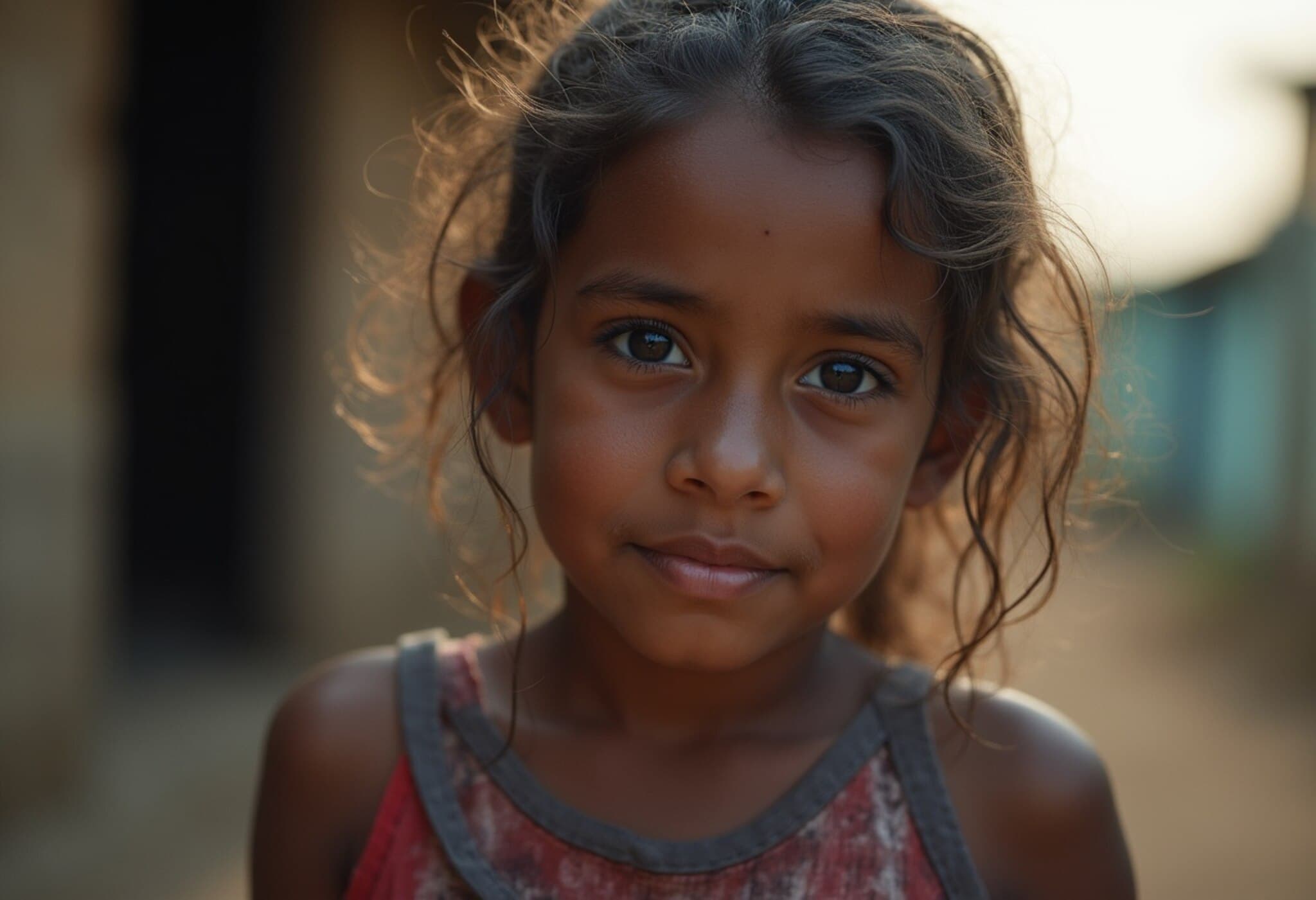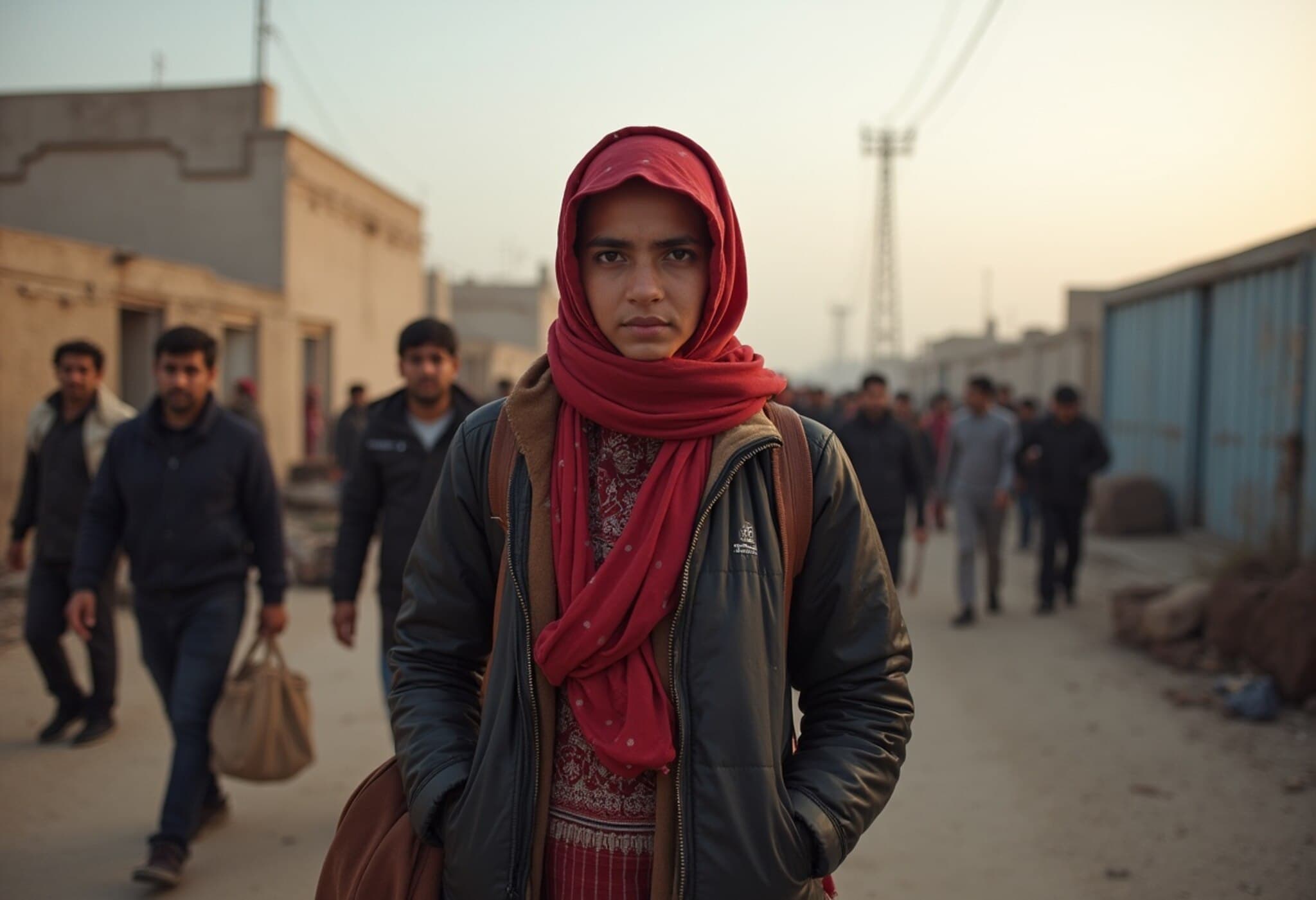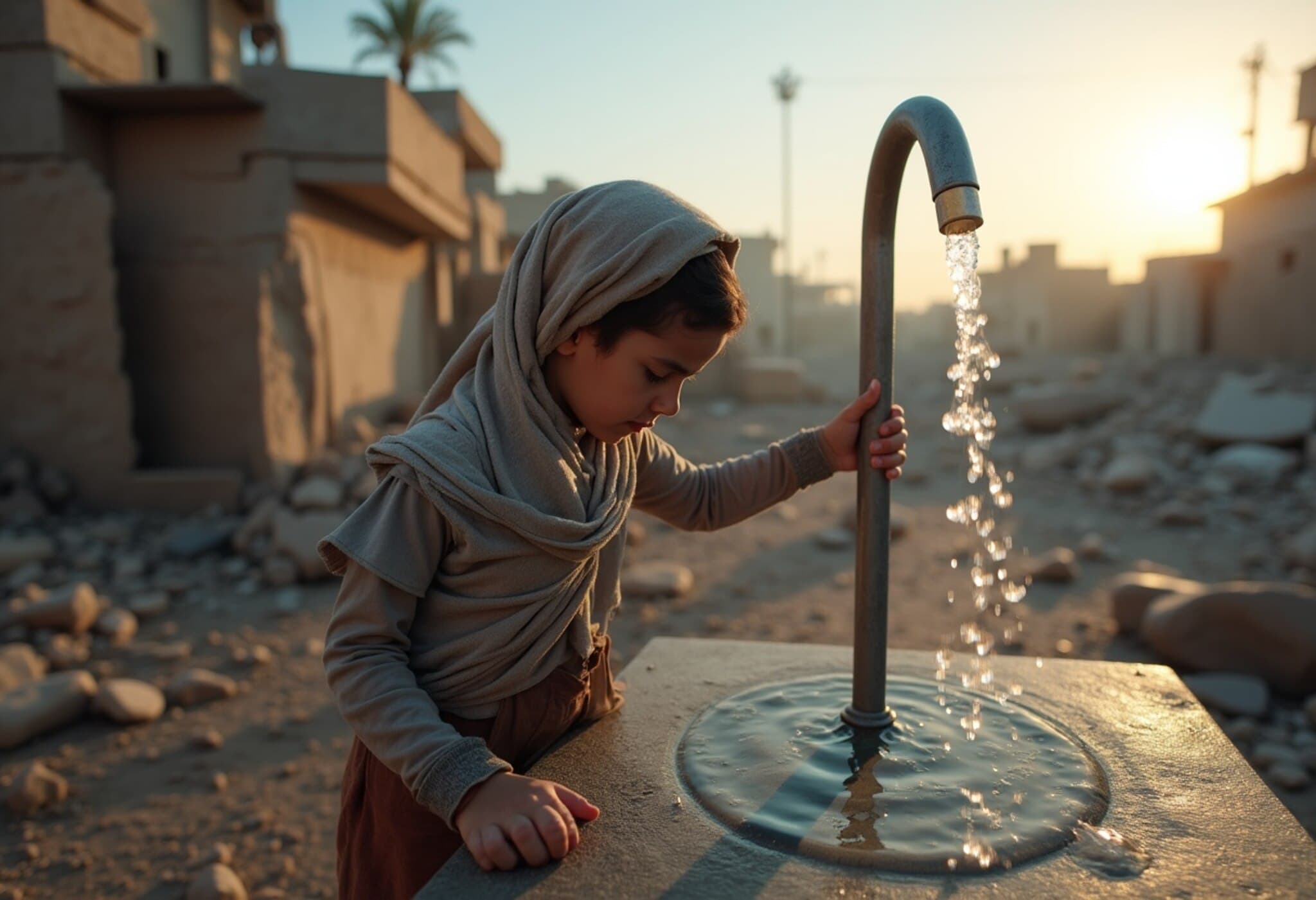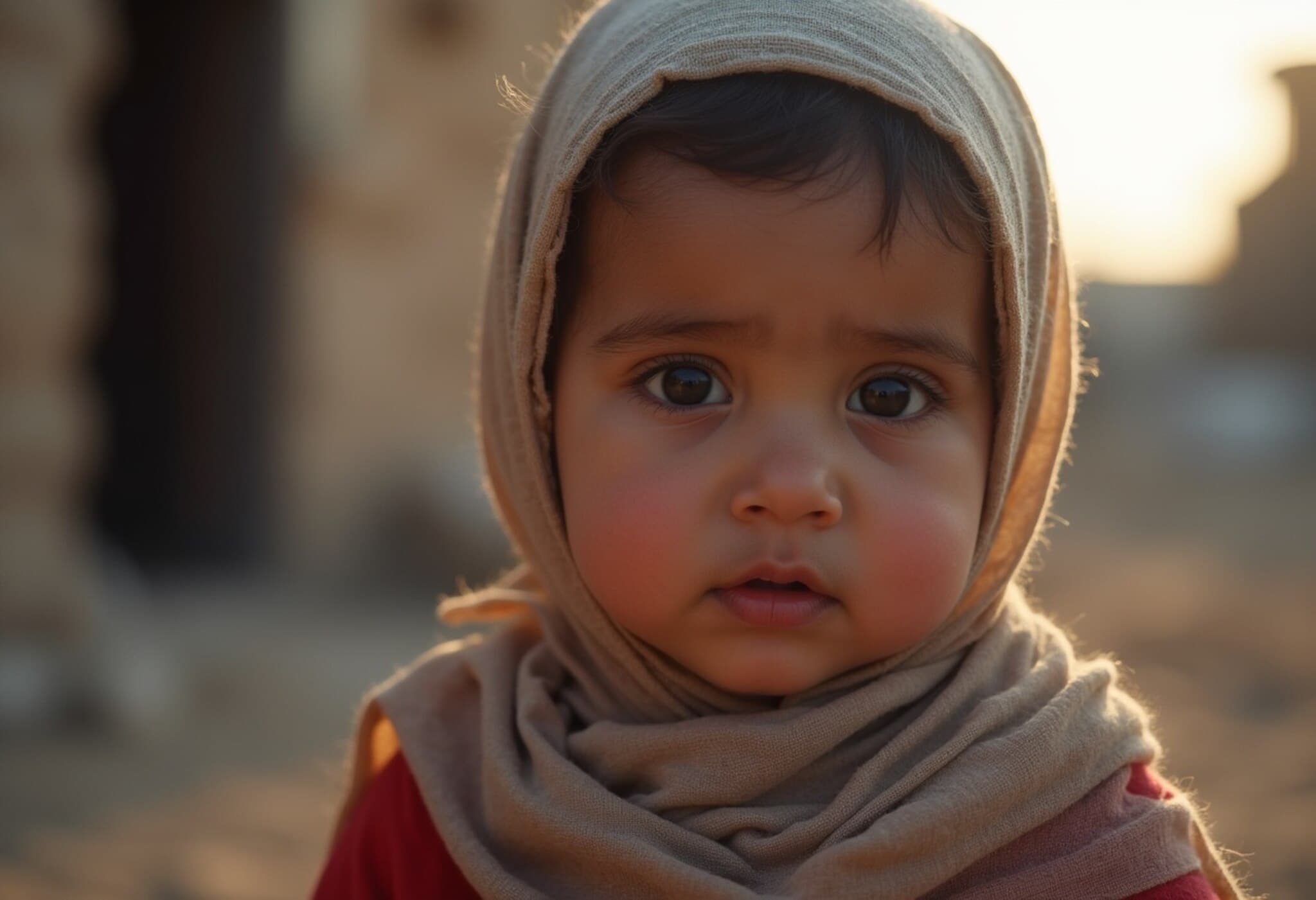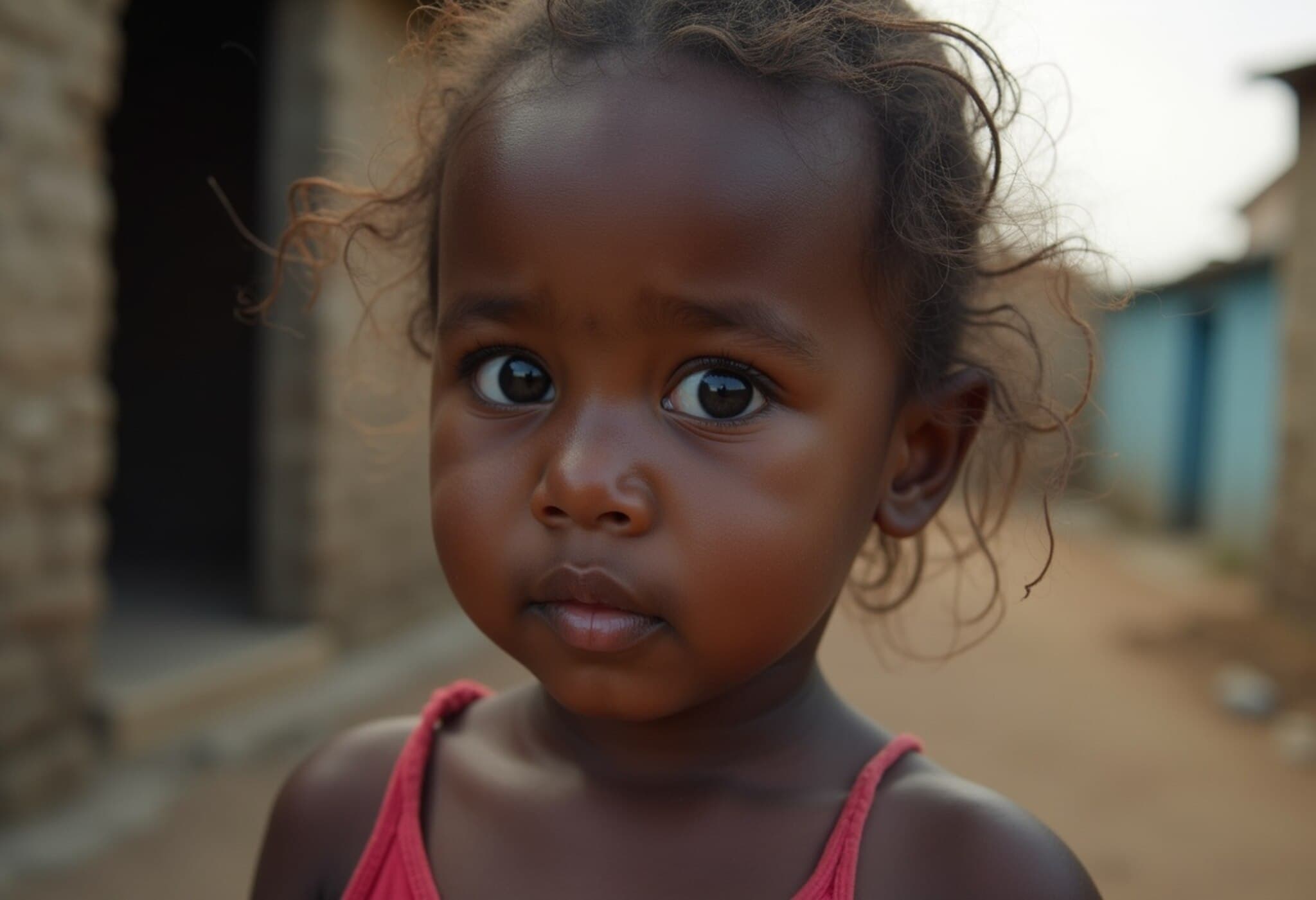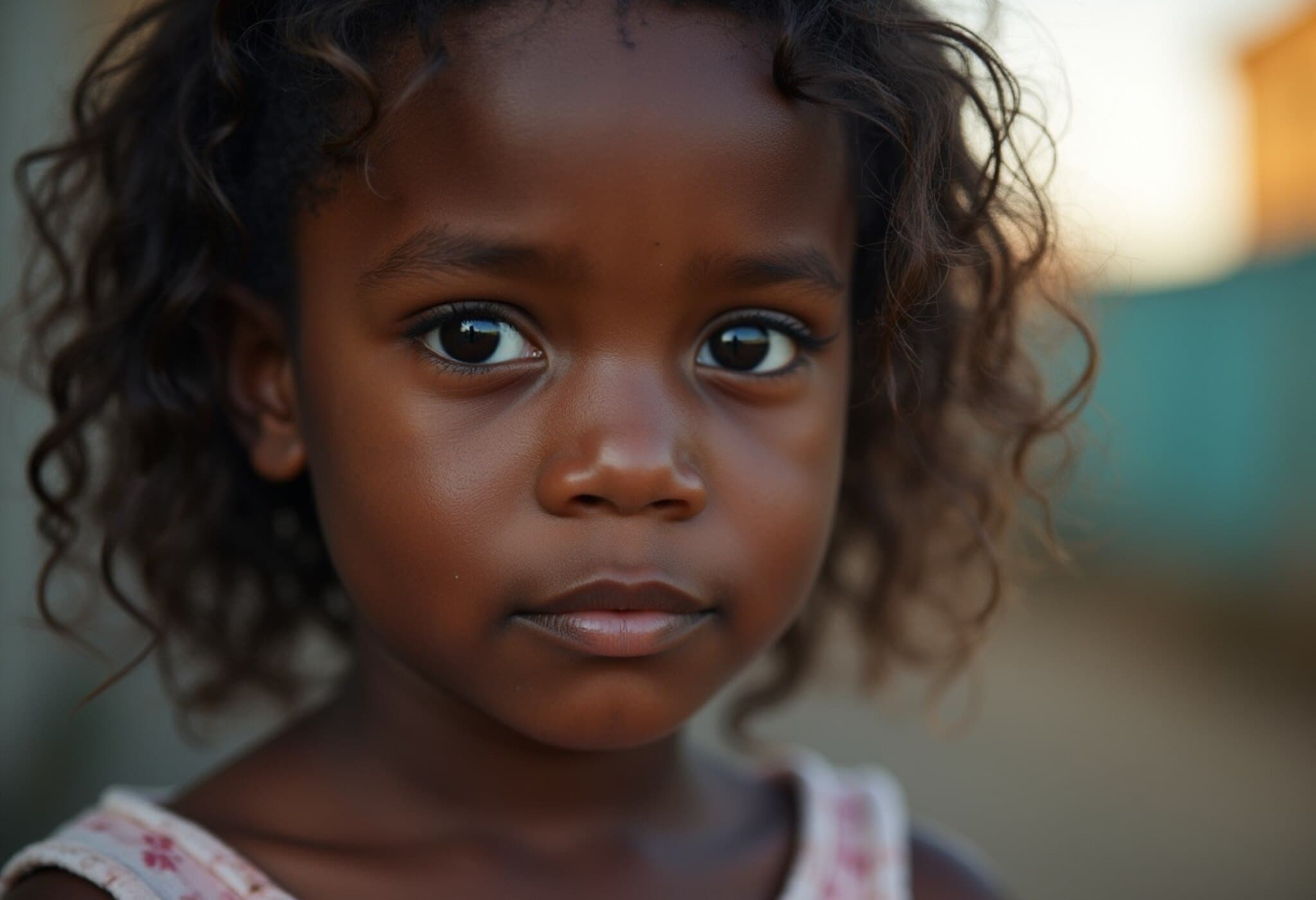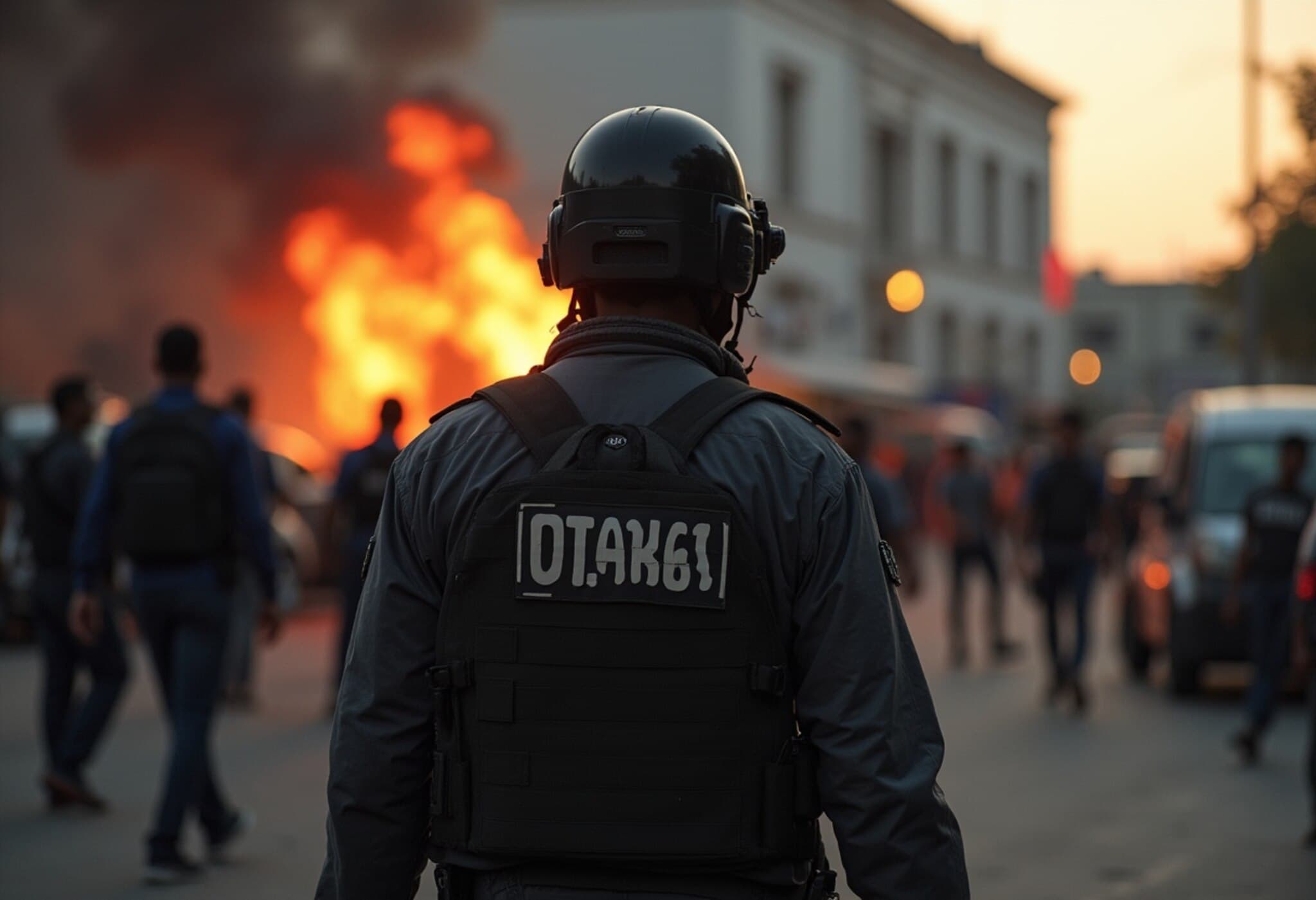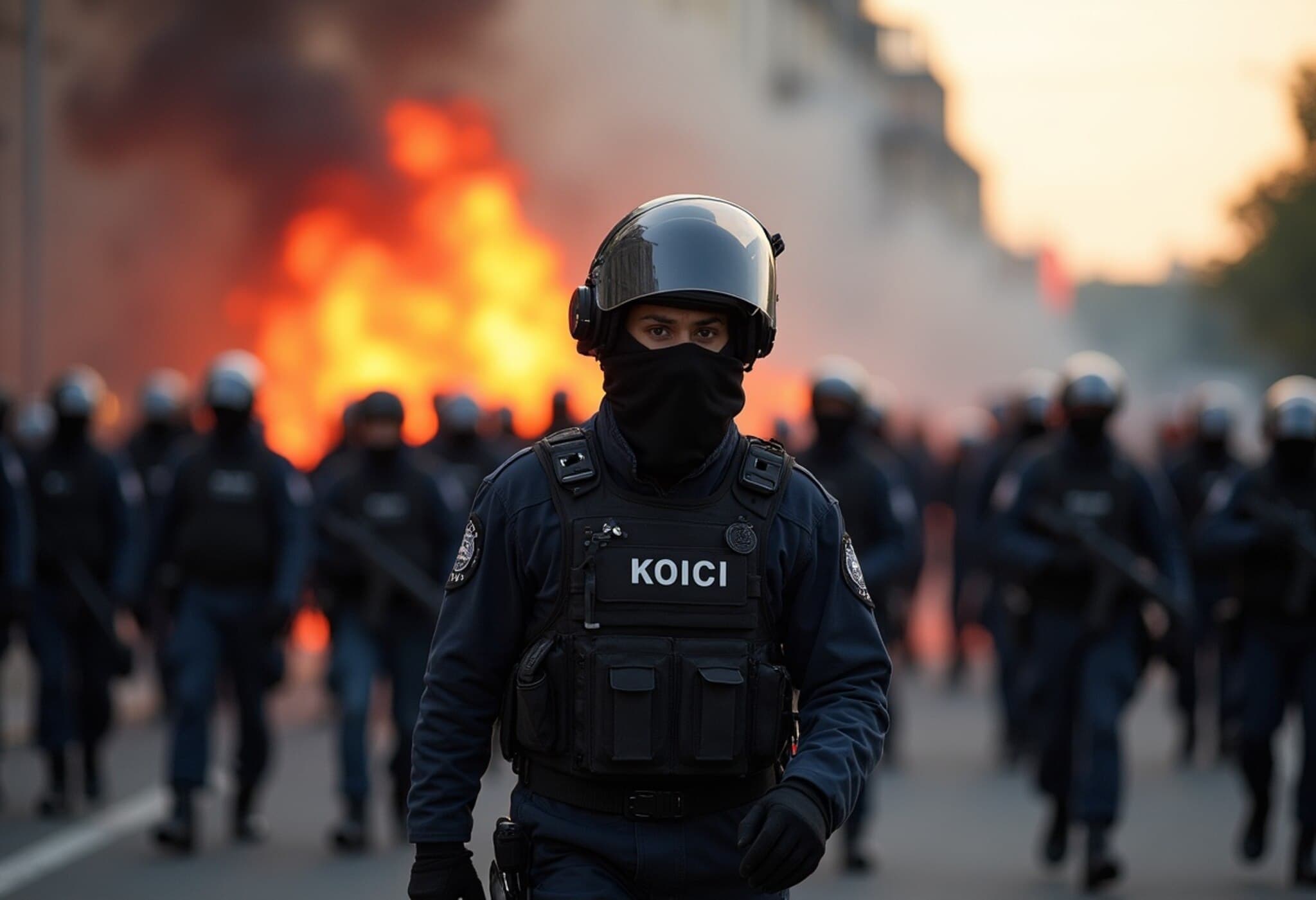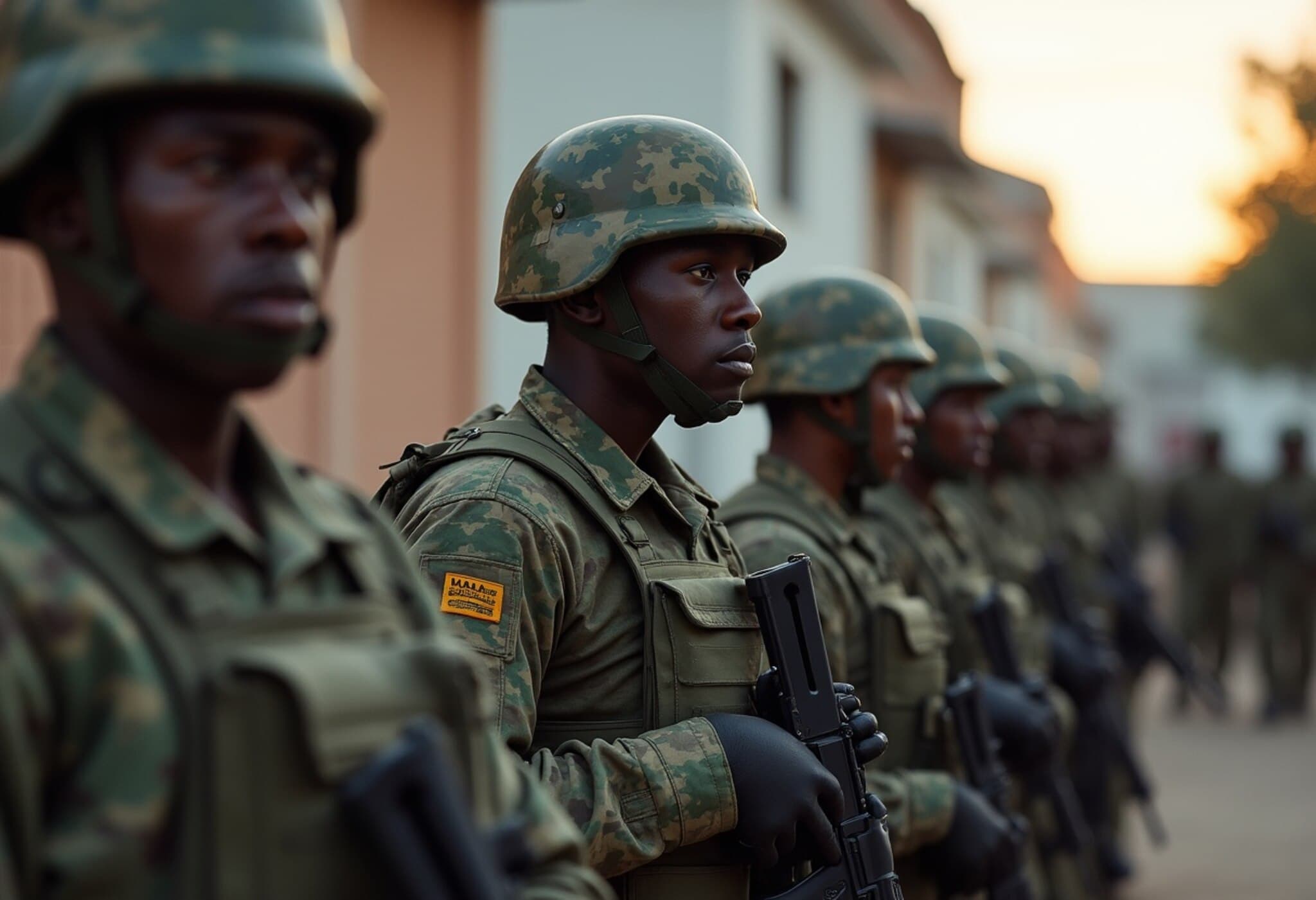Irish Missionary and Eight Others Abducted from Haitian Orphanage
In a stark reminder of Haiti's escalating security crisis, nine individuals, including an Irish missionary and a three-year-old child, were kidnapped from the Sainte-Helene orphanage located in Kenscoff, approximately 10 kilometers southeast of Port-au-Prince. The harrowing incident occurred in the pre-dawn hours of Sunday and has sent shockwaves through both local communities and international humanitarian circles.
Details of the Incident
The victims include Gena Heraty, an Irish missionary who has dedicated over 30 years to running the orphanage under the humanitarian organization Nos Petits Freres et Soeurs (Our Little Brothers and Sisters). Alongside her, seven staff members and one toddler remain in captivity following a brazen break-in by armed assailants.
Kenscoff's mayor, Masillon Jean, described the attack as a well-planned operation. According to his account, the kidnappers forcibly entered the compound around 3:30 a.m. without firing shots — breaking through a wall to reach the building where Ms. Heraty resided. Despite the violent intrusion, no immediate ransom demands have been communicated, though Ms. Heraty managed a brief call confirming her abduction.
Contextualizing Haiti’s Growing Security Challenges
This abduction is part of a disturbing pattern in Haiti, where armed gangs have increasingly targeted humanitarian workers and vulnerable populations. Notably, the ‘Viv Ansanm’ gang has intensified its grip over Kenscoff and neighboring areas in 2025, exacerbating an already fragile situation.
Ms. Heraty is the latest foreign aid worker to become a victim; similar kidnappings have occurred in recent years. In 2021, the notorious 400 Mawazo gang abducted two French priests and later, a group of American and Canadian missionaries, underscoring the ongoing threat to international humanitarian missions.
The United Nations estimates that gang-related violence has resulted in over 3,000 deaths in the first half of 2025 alone, deeply destabilizing the country and complicating relief efforts for the most vulnerable populations.
Expert Insight: What Does This Mean for Haiti and International Aid?
Haiti's security vacuum presents a formidable challenge not only to its government but also to international agencies operating within the country. Dr. Elizabeth Martin, a Caribbean security analyst, explains, “The systematic targeting of humanitarian workers signals a dangerous escalation. It compromises aid delivery and jeopardizes lives, impeding progress on critical social fronts.”
Experts argue that without concerted efforts to dismantle gang networks and strengthen governance, such incidents could become more frequent, further isolating communities dependent on aid.
Looking Ahead: Calls for Action and Protection
Local authorities, in collaboration with international partners, are urged to prioritize the safe release of the hostages and bolster security measures around vulnerable institutions like orphanages. The kidnapping raises broader questions about the international community's role in supporting Haiti’s stability and the protection of human rights.
Summary and Reflection
- Nine people, including Irish missionary Gena Heraty and a toddler, kidnapped in Kenscoff.
- Attack carried out by armed assailants linked to rising gang violence in Haiti.
- Orphanage cares for up to 270 children, underscoring the humanitarian stakes.
- UN reports over 3,000 killed in gang violence during the first half of 2025.
- Calls grow for enhanced international cooperation to address Haiti’s security crisis.
Editor’s Note
This kidnapping starkly exposes Haiti’s spiraling crisis where vulnerable populations, including children and humanitarian workers, are caught in the crossfire of violent gang disputes. As the world watches, the urgent question remains: how can global efforts pivot toward not just temporary security measures but sustainable peace and governance reforms? The lives at stake demand immediate attention and a long-term commitment to restoring stability in Haiti.

